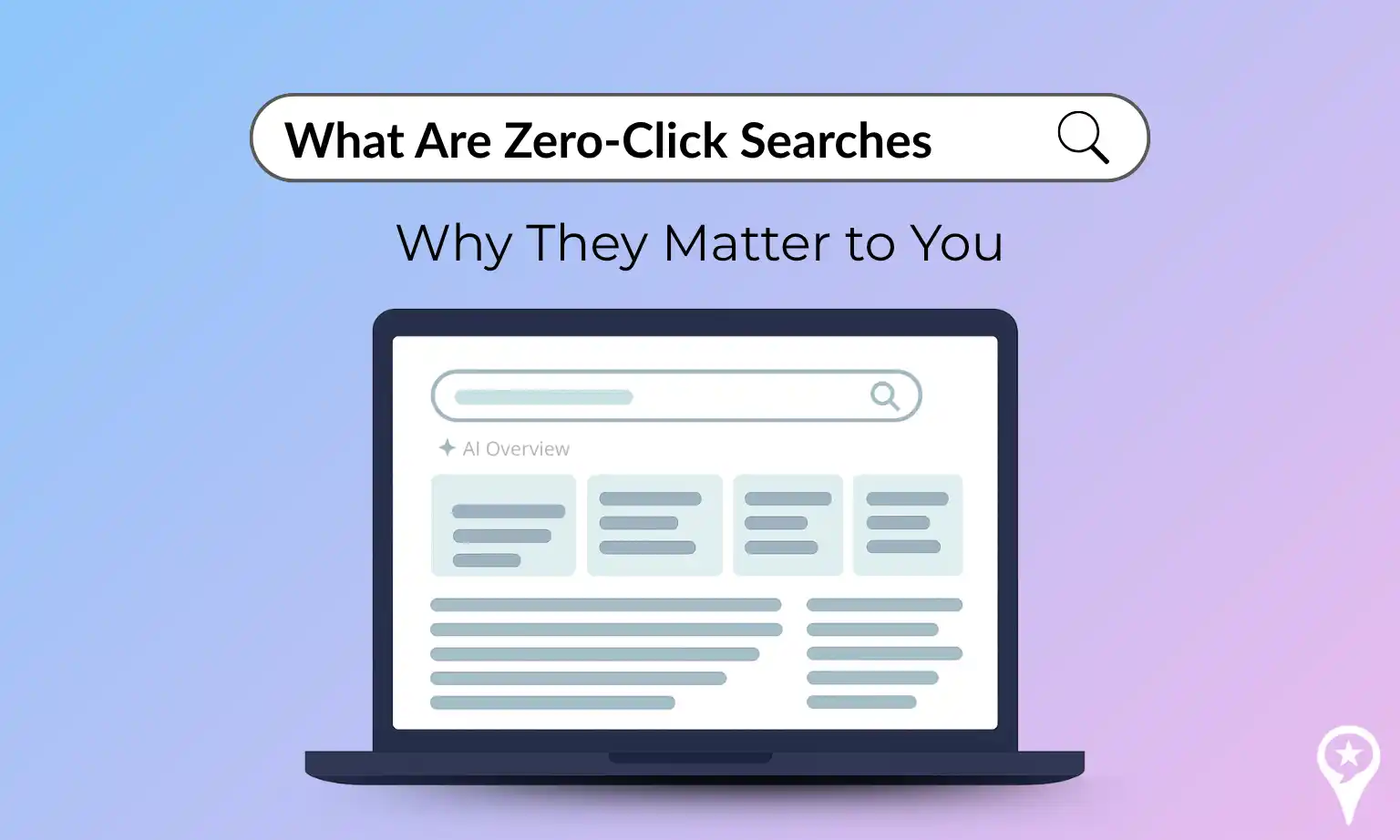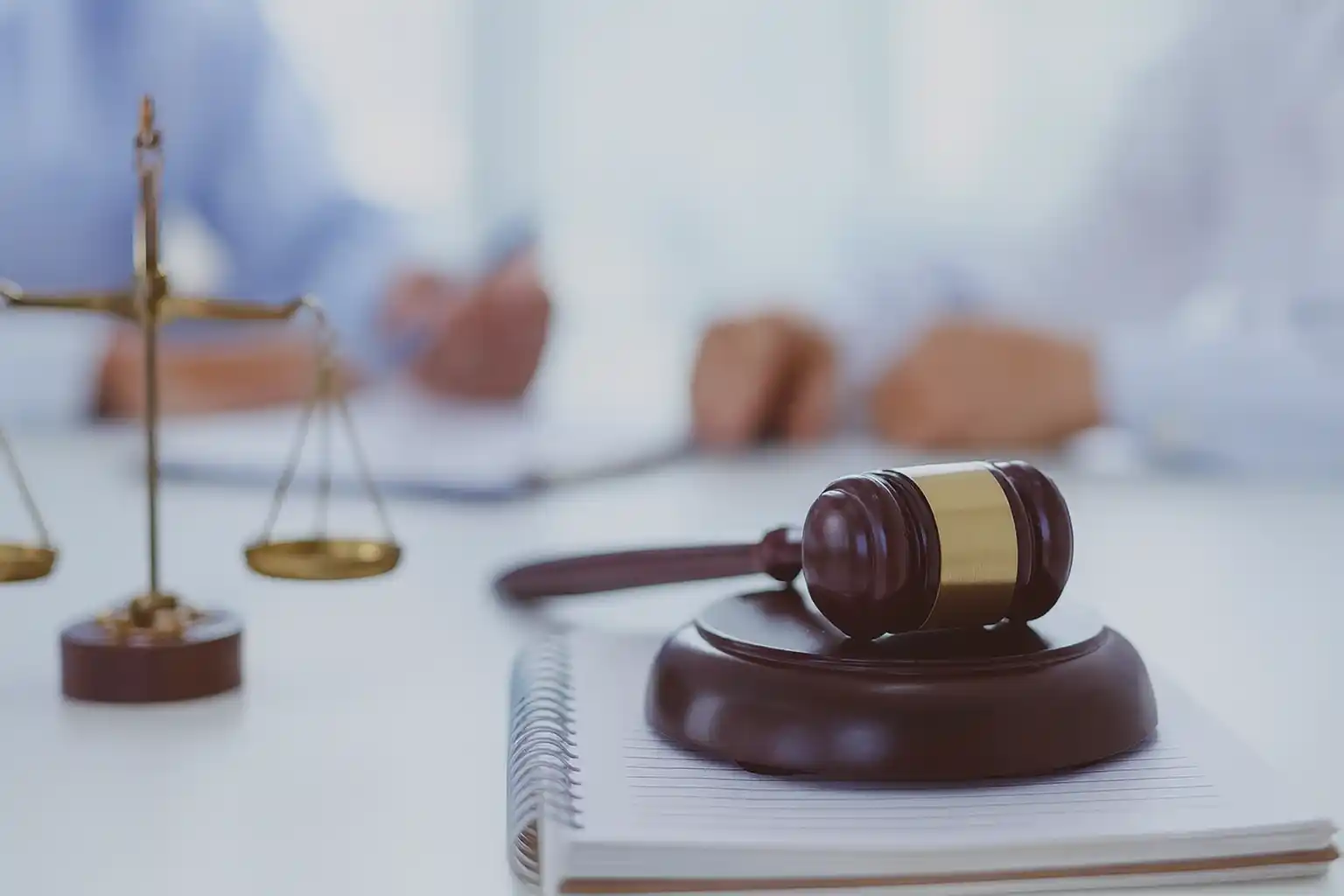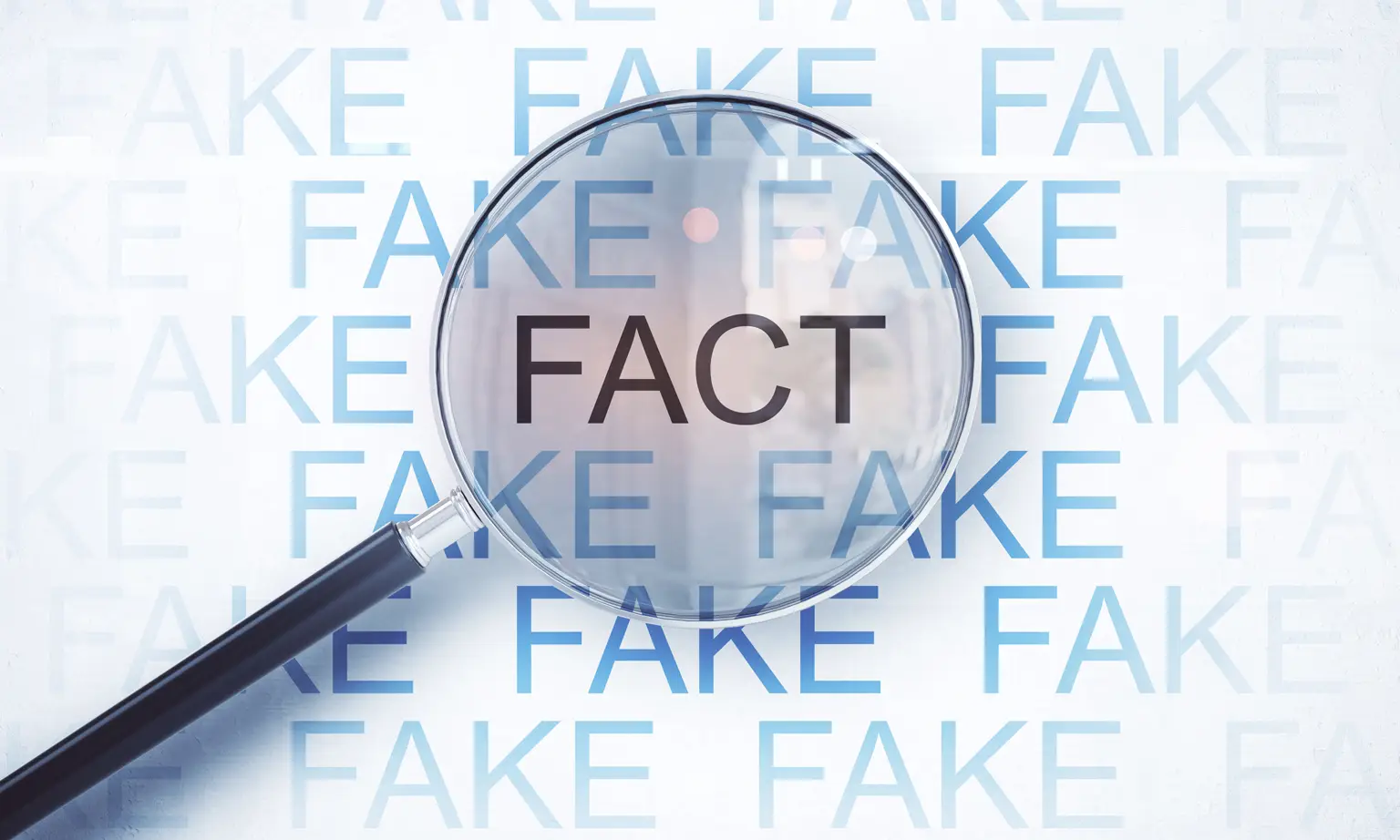 Well prior to the advent of the internet, federal and state courts recognized that various forms of expressive activity constitute constitutionally protected speech. Traditionally, protected expressive activities have included opinions that are broadcast or published anonymously or with a pseudonym. By the same token, throughout the United States, the courts have recognized that those harmed by slander, libel, defamatory conduct, misappropriation of trade secrets, copyright infringement, and other forms of wrongful publication may pursue various damage claims. Among potential remedies, injured parties may also seek injunction relief to enjoin unlawful conduct from anonymous reviews.
Well prior to the advent of the internet, federal and state courts recognized that various forms of expressive activity constitute constitutionally protected speech. Traditionally, protected expressive activities have included opinions that are broadcast or published anonymously or with a pseudonym. By the same token, throughout the United States, the courts have recognized that those harmed by slander, libel, defamatory conduct, misappropriation of trade secrets, copyright infringement, and other forms of wrongful publication may pursue various damage claims. Among potential remedies, injured parties may also seek injunction relief to enjoin unlawful conduct from anonymous reviews.
Without question, securing a remedy against one who has wrongfully engaged in wrongful publication under the cloak of anonymity presents its challenges. Indeed, the courts struggle to balance competing interests in preserving constitutionally protected speech of anonymous publishers and permitting injured parties to pursue vile tort-mongers.
While the courts in various jurisdictions have struck this balance in different ways, there is a general consensus within the judiciary that an injured party must make a showing of a legally and factually tenable claim before the court will compel a publisher to reveal the identity of an anonymous or pseudonymous Internet speaker. (See e.g. Krinsky v. Doe 6, (2008) 159 Cal.App.4th 1154 [In a dispute over pseudonymous Internet speech, where there is evidence of a libelous statement made and discovery of the defendant’s identity is necessary to pursue a claim, the court may refuse to quash a third-party subpoena. When there is a factual and legal basis for believing libel may have occurred, the writer’s anonymous message will not be protected by the First Amendment]; See also, Bently Reserve LP v. Papaliolios, (2013) 218 Cal.App. 4th 418 [the California court allowed a complaint that arose from a negative review authored with a pseudonym, posted to an Internet website by a tenant of an apartment building.])
Thus, for those who choose to offer anonymous reviews and opinions that have a defamatory component, there is no guaranty that their identities will be constitutionally protected from disclosure and that they will not be exposed to possible suit.
Given the uncertainty of litigation, more than one avenue of attack should be contemplated by those concerned that their business reputation may have been impaired or otherwise compromised by comments presented in social media venues. Use of reputation management consultants and development of social media to attract a larger, more meaningful crowd of opinions and reviews concerning ones business, are well worth consideration in a multipronged approach to combat slander, defamation and trade libel. It certainly pays to seek advise of counsel familiar with business torts of this nature, as circumstances vary widely, and advice will depend on the particulars of each specific matter.
 By Mark Herskovitz
By Mark Herskovitz
Mark Herskovitz is a senior attorney with the law firm of Manning & Kass, Ellrod, Ramirez, Trester LLP, with office locations in Los Angeles, San Francisco, Orange County, and San Diego, Scottsdale and New York. Firm areas of practice areas include a wide area of civil practice and appeals, inclusive of business litigation. Note: This article may be construed as an advertisement pursuant to Cal. Rules of Professional Conduct, Rule 1-400.








